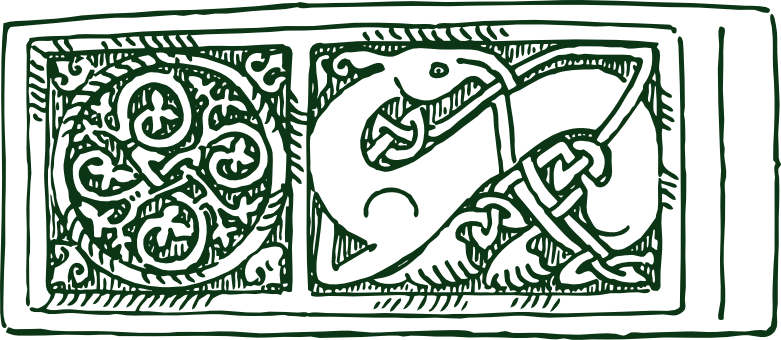Mr Iain Macintyre
Dumfriesshire and Galloway Natural History and Antiquarian Society held its AGM and inaugural meeting of the new season on 10 October 2014. The speaker was Iain Macintyre MD, FRCSEd, President-elect of the British Society of the History of Medicine. The subject of his well-illustrated talk was Medicine and Surgery in the Scottish Enlightenment — and two local heroes.
Prominent historians, such as Trevor-Roper and Robertson, have suggested that medicine and surgery did not feature in the Scottish Enlightenment. It is certainly true that many Scots-born doctors, like William Smellie, the man-midwife, William Hunter, man-midwife and anatomist, and his brother John Hunter, anatomist and surgeon, all made their contributions to the Enlightenment in England, as did the Hunters' nephew Mathew Baillie, a physician who advanced our understanding that illness should be regarded as organ-based rather than caused by imbalance of humours. Others such as James Lind, who conducted the first controlled clinical trial on the treatment of scurvy and Sir John Pringle, the 'father of military medicine' made theirs as doctors in the army or Royal Navy. Two medically qualified Scots were major Enlightenment figures, but their contributions were not in medicine; Joseph Black was the first to isolate and identify a gas, and defined the phenomenon of latent heat, while James Hutton made his great contributions in geology but not in medicine.
It could be argued that each of the following made a significant contribution to Scottish Enlightenment thinking. Alexander Monro primus as an influential teacher and medical writer and founder of the journal Medical Essays and Observations; William Cullen too was an influential teacher, although his Nosology (or classification) of disease and his tonic/atonic theory of the cause of disease both died with him; Robert Whytt by observation and experiment advanced our understanding of the working of the nervous system; John Gregory produced the first secular, philosophical, clinical code of medical ethics in English; Alexander Monro secundus contributed to our understanding of intracranial physiology with the Monro–Kellie doctrine, which is still relevant today and Andrew Duncan was an innovator who was the first to teach public health formally in Britain.
Two Dumfriesshire surgeons made important contributions in their field. James Hill in his Cases in Surgery gave an account of his 40 years as a Dumfries surgeon. He described the features of the infectious disease sibbens, advocated wide excision for cancer, a treatment that would later become widely accepted. His results for the management of head injury were the best in the eighteenth century. Hill appreciated that the priority was to treat the brain injury rather than merely the skull fracture and he was able to do this by directed trephine. His apprentice, Benjamin Bell of Blackethouse, Middlebie, was forced to sell the family property in 1777, due to debts. He moved to Edinburgh to work as a surgeon and became one of the most sought after surgical opinions in Scotland. He made valuable contributions in three areas. He recommended routine and regular pain relief after surgery; he advocated skin-conserving surgery, a technique which improved wound healing in operations like amputation and mastectomy. By a series of observations and experiments and a rational thought process he concluded that syphilis and gonorrhoea were different diseases, a view contrary to the mainstream view of the day. His textbook A System of Surgery was one of the most influential of its day, as popular in Europe and America as it was in Britain. His great-grandson, Dr Joseph Bell, was the forensic scientist who was the inspiration for Sherlock Holmes by Sir Arthur Conan Doyle.
These physicians and surgeons, all working in Scotland, can reasonably be regarded as having made significant contributions to the Scottish Enlightenment.
This excellent and very interesting talk, given by a commanding figure with a clear, pleasant voice, was greatly acclaimed by his audience.
